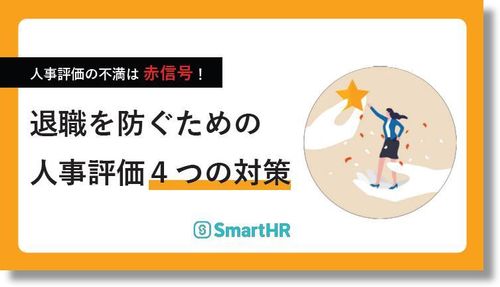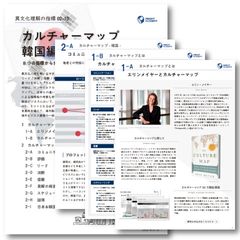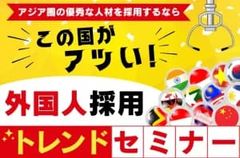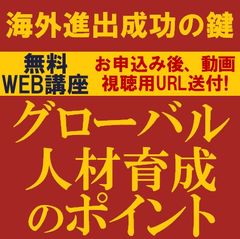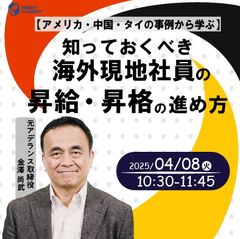
これまで日本の大手企業の本社から依頼を受け、海外現地法人への企業理念の浸透を目的とした研修プログラムの開発に関わってきました。そのうちの1社で、初期の企画段階において次のようなことがありました。本社人事部は当時北米に赴任していた社員たちへ、会社の企業理念を海外現地法人に伝える際、どのような問題が予想されるだろうかと意見を求めました。するとなんとも悲観的な答えが返ってきたのです。企業理念は「きわめて日本的」で、外国人社員には理解できないだろうと。それを受けて本社経営陣は、この企画を白紙に戻そうかと考え始めていました。
But firstly, I was given the chance to review the company’s Corporate Philosophy in the original Japanese.
そんな折、私は、日本語で書かれたその会社の企業理念を見直す機会を得ました。
Upon reading through the documents, I was confused. The company’s Corporate Philosophy was comprised of a clear method for handling work tasks, sort of a variation on the PDCA cycle. It also included what was referred to as the “Mind”, which was a listing of behaviors for business success. This was not the source of my confusion. What confused me was that I could not discern what was so “Japanese” about the Corporate Philosophy. What would lead the expatriates to deny introducing the Corporate Philosophy to overseas subsidiaries?
その書類に目を通し私は困惑しました。企業理念にはPDCAサイクルの一例とも言える業務の進め方が明確に記されていました。「心構え」にも触れ、業務を成功に導く行動が列挙されていました。私が困惑したのは、その企業理念を読んでも、きわめて「日本的」なるものが見当たらなかったからです。それなのになぜ赴任社員たちは、企業理念を海外現地法人に伝えるのは無理だと考えたのでしょう。
I provided my feedback to the HQ: “I do recognize that this is a “Japanese” Corporate Philosophy, but only to the extent that it was conceived of in Japan originally. But, I do not see any concepts within it that prevent it from being understood by overseas subsidiaries, provided that we can translate it appropriately and present the content in such a way that we grab the attention of the overseas employees.”
私は本社に自分の意見を伝えました。「これは、もともと日本で着想されたという意味では、『日本の』企業理念ではありますが、それ以外の面では「日本的」ということはありません。海外現地法人の理解を妨げるようなコンセプトは含まれていないと思います。ただし、企業理念を的確に翻訳し、現地社員の注意を引くようなやり方で中身を示すことが必要でしょう」
In other words, the Corporate Philosophy itself was great. But the challenge was figuring out how to develop a communications strategy and program to be rolled out globally.
つまり、企業理念自体は申し分ないものでしたが、どのようなコミュニケーション戦略やプログラムをつくって、グローバルに展開していけばよいのかが問題だったのです。




